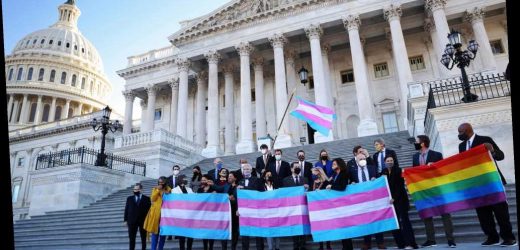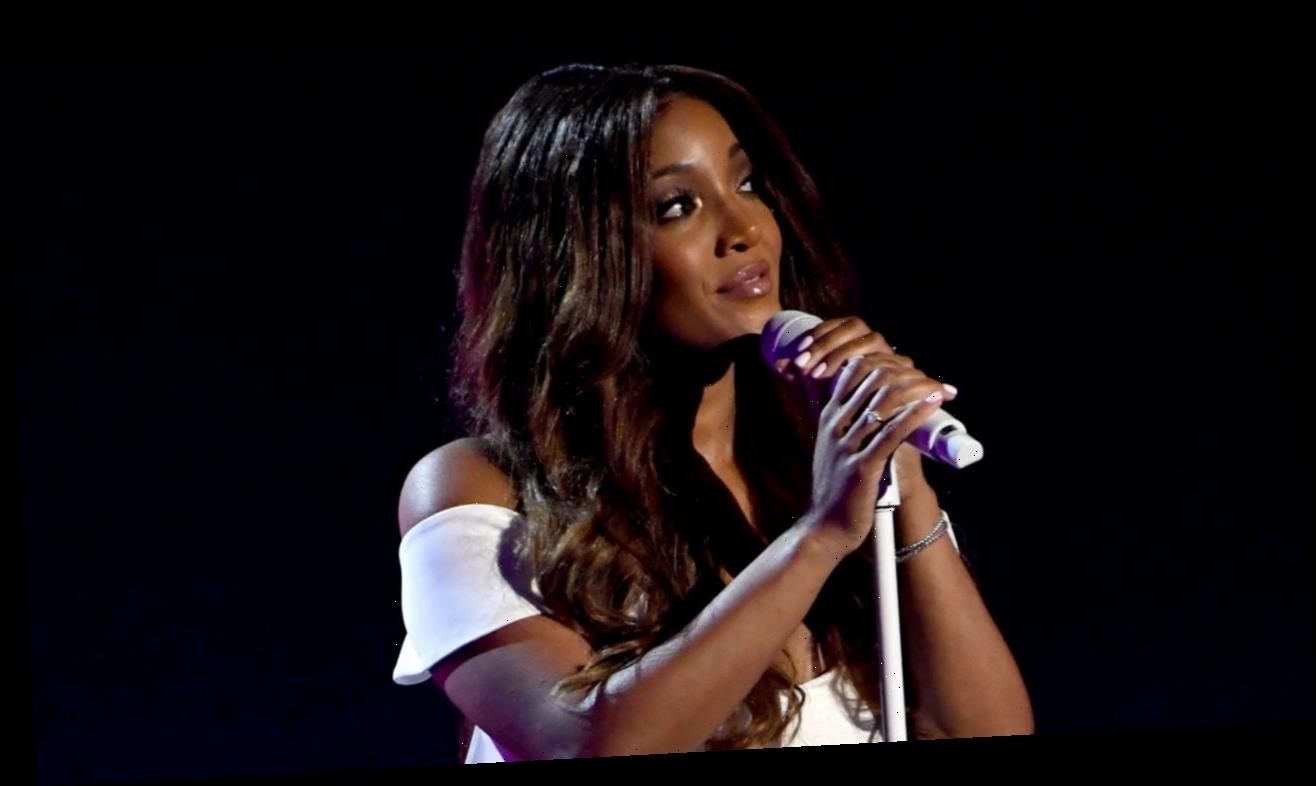More On:
gay rights
House poised to vote on legal safeguards for LGBTQ people
Biden calls Buttigieg’s husband ‘Kirsten,’ snubs gay GOP cabinet member
Years after coming out, gay athletes upset by lack of change
LGBT activists welcome rainbow light show in Poland, say more action needed
House Democrats joined by three Republicans on Thursday approved the Equality Act, which aims to expand anti-discrimination laws to include gay, lesbian, bisexual and transgender people — but over conservative objections about the possible impact of trans athletes in student sports.
The bill passed 224-206 and was touted by Democrats as a historic stride toward fairness. But Republicans decried the bill for a variety of potential implications, including the possibility that biologically female student athletes could be at a disadvantage to transgender classmates.
State and local education boards have diverse policies on student athletics and trans athletes already are allowed in some public school systems. If the bill became law, it would amend the Civil Rights Act of 1964, including the subsequent Title IX protections for female athletes, to ban discrimination based on either sex or gender identity.
Tennis star Martina Navratilova and four-time Olympics gold medalist runner Sanya Richards-Ross argued in a 2019 op-ed that the bill, which passed 236-173 that year, would ensure “there will always be significant numbers of boys and men who would beat the best girls and women in head-to-head competition.”
The sports pros wrote: “We support transgender women and girls and their right to equality, and we recognize their personal struggle. We don’t worry that boys and men will feign transgender identity to gain an advantage. But we do hope that lawmakers won’t make the unnecessary and ironic mistake of sacrificing the enormously valuable social good that is female sports in their effort to secure the rights of transgender women and girls.”
Similar concerns were raised last month with an anti-discrimination executive order signed by President Biden that critics said could force professional sports leagues for women to accept transgender applicants.
During congressional debate Thursday, conservatives said the bill — which faces an uncertain fate in the Senate due to evenly divided control and the requirement of 60 votes — could also allow taxpayer funding of abortion and eliminate gender-segregated homeless shelters.
But the treatment of transgender athletes garnered the most attention.
Debate spilled into the hallways of congressional office buildings, with Rep. Marie Newman (D-Ill.) hanging a transgender flag outside the office of Rep. Marjorie Taylor Greene (R-Ga.), who retaliated by adorning the shared hallway with a sign that read, “there are two genders.”
Rep. Tom McClintock (R-Calif.) said the bill “destroys women’s sports” by requiring sports organizations and schools to accept transgender athletes as women.
Rep. Vicky Hartzler (R-Mo.) said, “As someone who enjoyed playing sports and coaching high school track for many years, imagining the damage these policies will cause to women and girls is heartbreaking.”
But Rep. Sean Maloney (D-NY) accused Republicans of disguising their true motives.
“Why hide behind the ridiculous, embarrassing easily debunked arguments. falsehoods and fear mongering about locker rooms and women’s sports and religious practices that will never be harmed? Why not just say what they really mean?” Maloney said.
“I’ll say it for them. Their real argument, the only honest argument is that they believe LGBT people are morally inferior and that firing us should be permitted.”
The US Supreme Court last year ruled that gay and transgender people cannot be fired from their jobs under existing federal anti-discrimination laws. The Equality Act would extend anti-discrimination protection to housing, public accommodations and education.
As part of the wide-ranging objections, Rep. Andy Biggs (R-Ariz.) said the bill “undoes current federal law that prohibits the use of federal funds for abortion” by “adding to include, ‘pregnancy, childbirth or related medical condition’ — which has been recognized by courts and the EEOC to mean abortion — to the definition of sex.”
But Bronx Rep. Ritchie Torres (D-NY), one of nine gay and lesbian House members, said, “We are here to uphold the abiding truth of the American experiment that we are all created equal. And that none of us should be evicted, fired or denied accommodations and services simply because of who we are.”
Rep. Burgess Owens (R-Utah), a black Mormon, said “the issues discussed as part of the Equality Act are important [and] amending the Civil Rights Act to include sexual orientation would be a historic step,” But Owens said he disagreed with the specifics.
“The Equality Act would dramatically expand the definition of public accommodation to include any place of public gathering, any establishment that provides a service, such as food banks or homeless shelters,” he said.
Owens said that could mean Catholic shelters cannot legally have separate women’s facilities to prevent sexual violence and that Orthodox Jewish congregations could be forced to host mixed-religion weddings.
Many Republican speakers said they were upset that the bill prevented use of the Religious Freedom Restoration Act as a legal defense for people who felt their religion prohibited complying with the law.
Share this article:
Source: Read Full Article




